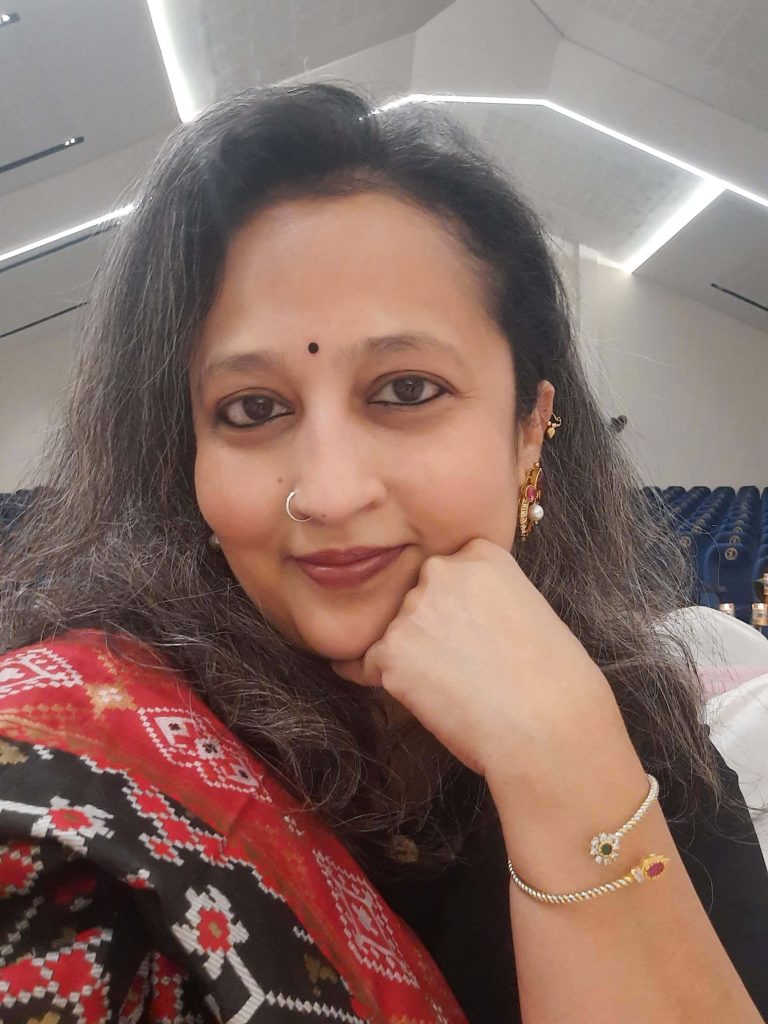Our Schools
My experience at Ekya has been amazing! To be one of the founding members of the school is an awesome feeling. The refreshing and peaceful environment drives me to school every day.The curriculum is contemporary. One of my favourites at the school is the Head of the school; she is very kind and friendly. She is so thrilled to welcome us when we walk into the school. Another favourite thing about the school is its teachers. My teachers are very thrilled to teach and are extremely approachable. Assessments are meant to demonstrate one’s understanding and not memorization of concepts. Apart from academic sessions, I had the opportunity to hear expert speakers from various fields addressing us. Out of the various schools I have changed, Ekya has been one of the best schools and a great example of contemporary education.
JANAN ANUPAM SHAH, GRADE 6
Fill a vessel? Or “Kindle a fire”? – What do you do?
One of the core character strengths that help any individual excel in any field is “curiosity.” When I hear the word “curiosity” as a mindset or attitude, I remember what Plutarch said “The mind is not a vessel to be filled, but a fire to be kindled.”
How often are we as either parents or educators guilty of “filling the vessel” vs “ kindling fire”? I often see parents and educators in a hurry to “fill the vessel”, and to share “the correct answer” to a question posed by a child. Well Yes! Some questions are to be answered “correctly”, but there are many more which can be left open for exploration.
Dear Parents and Educators,
We are in the 21st century and children can “fill their vessels” through books and internet sources. Then, what is your role in helping them learn?
-
To clarify misconceptions
-
To kindle thoughts and ideas that they can explore
Let me share examples based on my work with children.
-
To clarify misconceptions.
When could we clarify misconceptions? - When we notice that misconceptions if carried forward, could come in the way of correct conceptual understanding. Teacher: Identify the common noun in this sentence. “ Saraswathi likes reading books.” Student: “Saraswathi”
In such scenarios, the teacher could ask some leading questions to guide the student to the correct answer because there is only one correct answer!
-
To kindle thoughts and ideas that they can explore
When the topic under discussion is open-ended and can lead to multiple perspectives and contradictory views, we could ask leading questions to kindle thoughts.
I share one of my experiences in an “Early Years” classroom; a group discussion during lunch hour. Syed: I got cucumbers today. Rahul: I got idli and coconut chutney Nisha: I got paratha and pickles. Syed: All these are vegetarian foods Rahul: I know! Apples, oranges, and tomatoes are all vegetarian foods Syed: All foods that we get from plants are vegetarian foods. Nisha: I eat chicken and meat; those are not from plants and so are non-vegetarian foods. Manoj: I like icecreams Syed: Is ice cream a veg food? Manoj: Yes, ice cream is veg
I was quiet all the while but now stepped in to kindle a thought.
Me: Ice cream has milk as an ingredient and milk comes from animals.
That left all of them wondering and they started to think. My job was done. The reason I left it at this was because there is so much to explore in the world of “defining foods”. There are some dictionary definitions of who a vegetarian is. We have some more vocabulary like - vegan, eggetarian etc. New definitions could emerge; old ones could become passe. So, why do we need to “fill their vessels” with definitions of today?
I invite all educators and parents to carefully strike a balance between “filling a vessel” versus “kindling a fire”.
Attitudes and mindset for learning
In the field of education, the importance of one's attitude and mindset cannot be emphasized enough. The approach we take towards learning plays a crucial role in our academic expedition. Fostering a positive outlook and nurturing a mindset geared towards growth are fundamental elements that not only contribute to academic triumph but also mould our holistic learning experience.
The Influence of a Positive Outlook:
A positive outlook serves as a guiding light through the often intricate terrain of learning. It encompasses approaching tasks with positivity, embracing challenges as chances for growth, and maintaining resilience when faced with setbacks. A positive outlook sets the stage for a mindset that is conducive to continuous growth and development.
Embracing a Mindset for Growth:
A growth mindset revolves around the belief that our abilities and intelligence can be honed through dedication, hard work, and perseverance. Unlike a fixed mindset, which assumes that our traits are predetermined, a growth mindset thrives on the notion that learning is an ongoing journey of enhancement.
The Role of Attitude in Shaping Learning:
Our attitude profoundly influences our involvement in the learning process. Approaching challenges with a positive mindset makes us more inclined to seek solutions, persist through difficulties, and perceive mistakes as stepping stones to success. A positive attitude enhances our openness to new ideas and promotes collaboration with peers.
The Influence of Mindset on Achieving Success:
A growth mindset propels us beyond the confines of our comfort zones, urging us to tackle challenges that may initially seem daunting. Embracing the concept that learning is a lifelong pursuit transforms setbacks into opportunities for learning and improvement, fostering resilience and adaptability.
Fostering a Positive Learning Environment:
Educators, peers, and the overall learning atmosphere play a substantial role in developing a positive attitude and growth mindset. Encouragement, constructive feedback, and a focus on the learning process rather than just outcomes contribute to an environment that nurtures these essential elements.
Approaches to Instilling a Positive Outlook and Growth Mindset:
1. Set Realistic Objectives: Break down large tasks into attainable goals, celebrating small victories along the way.
2. Welcome Challenges: Consider challenges as prospects for learning and development, rather than insurmountable obstacles.
3. Learn from Feedback: Constructive feedback is a valuable tool for improvement; utilize it as a guide for refining your skills.
4. Acknowledge Effort: Recognize the hard work and effort invested in studies, acknowledging that progress is an ongoing journey.
5. Inspire Peers: Share your positive outlook and growth mindset with peers, creating a supportive and encouraging learning community.
In the quest for knowledge, a positive outlook and a growth mindset act as catalysts for academic accomplishments and personal evolution. By cultivating these qualities within ourselves and advocating for them in our learning environments, we pave the way for a gratifying and enduring journey of learning and growth.












Leave a reply